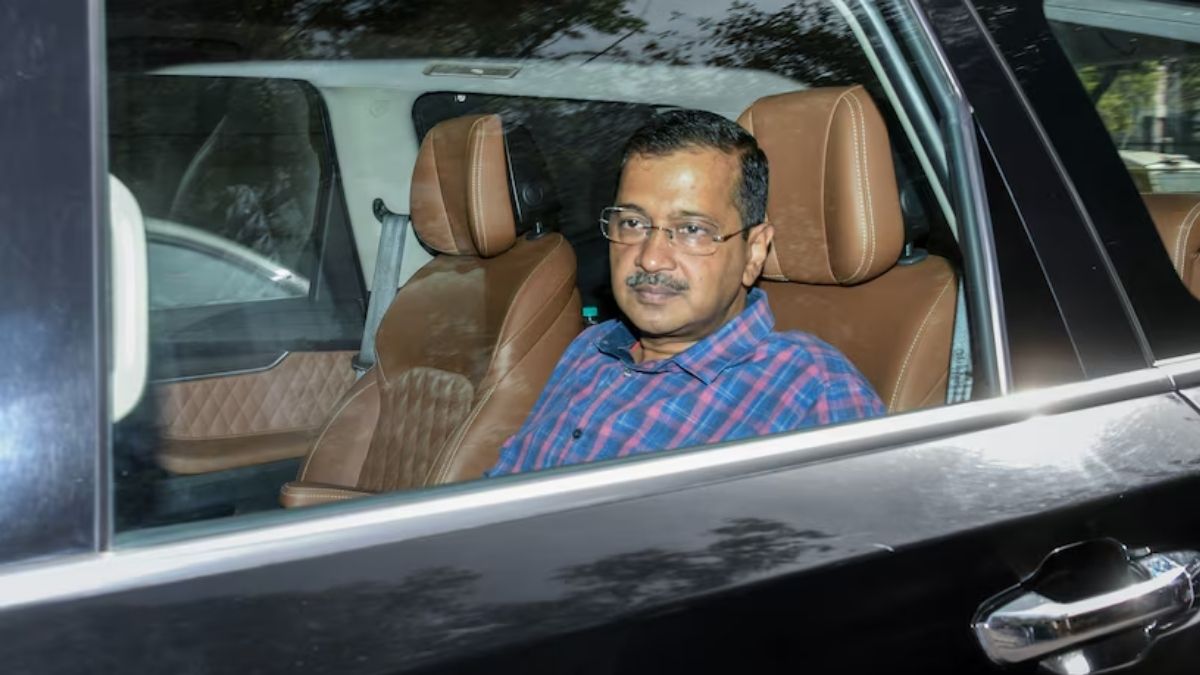
New Delhi: A Delhi Court on Monday extended the judicial custody of Chief Minister Arvind Kejriwal till April 23 in the money laundering case connected to the now-scrapped liquor policy.
Kejriwal, who was arrested on the night of March 21, was produced virtually before Special Judge Kaveri Baweja of the Rouse Avenue Courts on the expiry of his judicial custody.
Rouse Avenue Court of Delhi extends the Judicial custody of Delhi CM Arvind Kejriwal till April 23, 2024, in the Excise Policy money laundering case. pic.twitter.com/a2ibBvmpVo
— ANI (@ANI) April 15, 2024
The Court said it is extending custody until April 23, when judicial custody of the co-accused (BRS leader K Kavitha) is also ending.
Earlier, AAP leader Kejriwal approached the Supreme Court challenging a Delhi High Court judgement that dismissed his plea against arrest by the ED and his subsequent remand in the excise policy case.
On April 9, the High Court dismissed his plea for release from jail and rejected his argument of political vendetta amid the looming Lok Sabha elections.
The High Court had said that Kejriwal’s absence from nine ED summons over six months undermined any claims of special privilege as Chief Minister, suggesting his arrest was an inevitable consequence of his non-cooperation.
Filing the appeal against the High Court judgement, Kejriwal said that there is no material in the possession of the Enforcement Directorate on the basis of which an inference of guilt can be made under Section 19 of the Prevention of Money Laundering Act (PMLA).
The arrest was made solely based on the subsequent, contradictory, and highly belated statements of co-accused who have now turned approvers, the appeal stated.
Kejriwal was arrested by the ED on March 21 in connection with a money laundering probe relating to alleged irregularities in the now-cancelled Delhi excise policy 2021-22.




